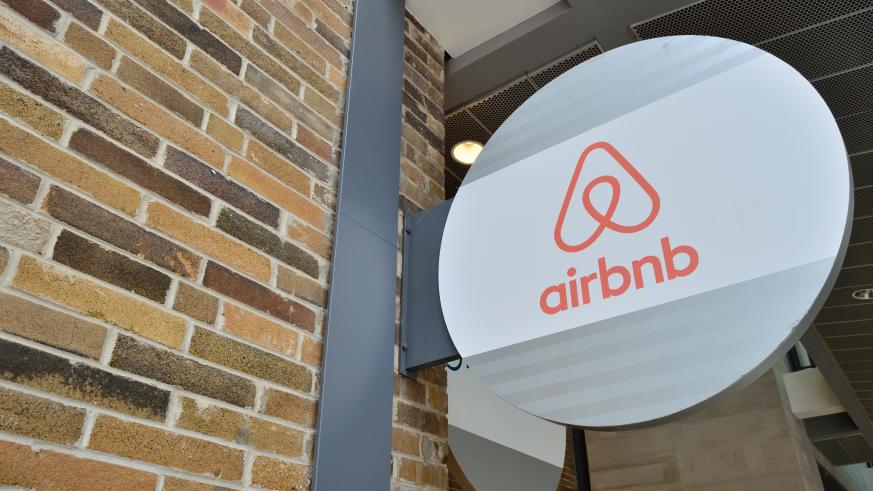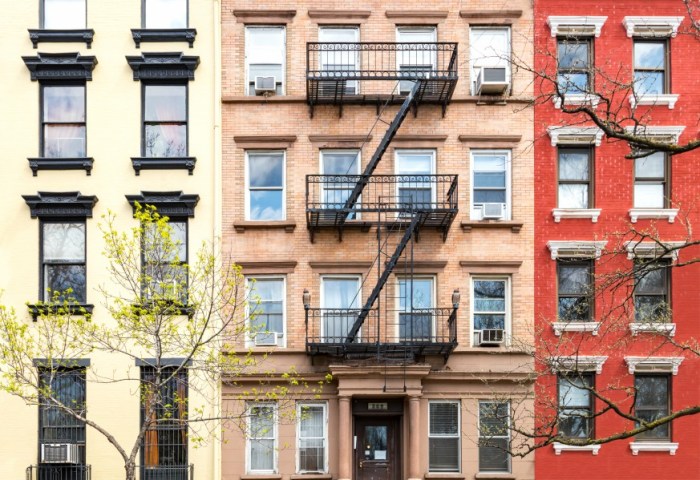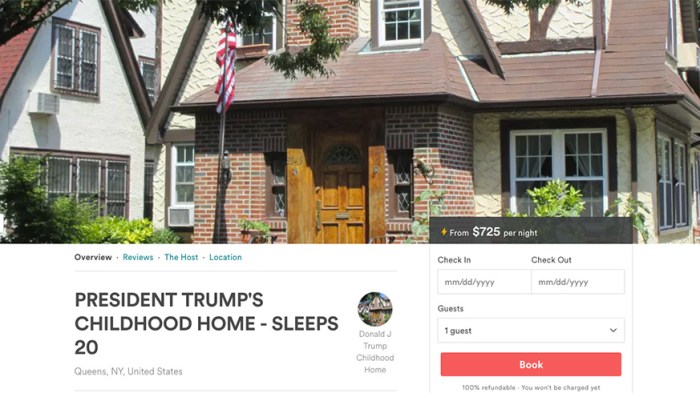Boston City Council voted on Wednesday to pass an ordinance that would require stricter regulations for short-term rental platforms like Airbnb, including getting rid of so-called “investor” units.
Investor units are those housing units bought up just for short-term rental use and are not used as the primary residence of the owner.
The Short-Term Rental ordinance passed City Council 11 to 2. It bars renters and investors from renting apartments “by the night, hotel-style,” according to the Boston Globe.
“We’ve eliminated the investor units, while protecting small owner-occupied units,” Boston City Councilor Kim Janey said on Twitter. “It also provides a sunset provision for operators and calls for regular reporting and monitoring.”
The ordinance was first proposed by Mayor Marty Walsh and now, after passing in the council goes to his desk to await his signature.
“My goal in regulating short-term rentals has always been to responsibly incorporate the growth of the home-share industry into our work to create affordable housing for all by striking a fair balance between preserving housing while still allowing Bostonians to benefit from this new industry,” Walsh said in a statement after the vote. “I look forward to signing this legislation and I am committed to monitoring the impacts to ensure it serves its intended purpose in our neighborhoods.”
The restrictions requiring hosts to register their units with the city and pay fees depending on the category: homeshare unit, limited share unit and home-adjacent unit. Owners of two-family and three-family homes are allowed to continue to rent out their spare units under the ordinance.
The restrictions would go into effect Jan. 1. Advocates who support tighter restrictions on Airbnb say the move will bring back about 2,000 apartments onto the city’s housing market.
Airbnb spoke out against the ordinance, saying in a statement after the vote, per NECN, that, “For two years, Airbnb and our Boston hosts have worked closely with the mayor and members of the city council to share helpful data and collaborate on fair home sharing policy. Today’s disappointing vote is proof that our community’s feedback and concerns were not heard.”
HomeAway also disagreed with the move, saying in a statement that these restrictions will have “dangerous consequences for Boston’s travel and tourism economy.”
Others strongly supported the council’s decision, like the Massachusetts Lodging Association.
“Today, Mayor Walsh and the Boston City Council demonstrated true leadership,” the association’s president and CEO Paul Sacco said in a statement, “by acting to protect Boston from exploitation at the hands of wealthy, out-of-town interests who have been buying up thousands of housing units in order to turn them into illegal hotels.”
Update 6/18/18: Mayor Marty Walsh signed the short-term rental ordinance into effect on Friday, June 15, 2018.
























